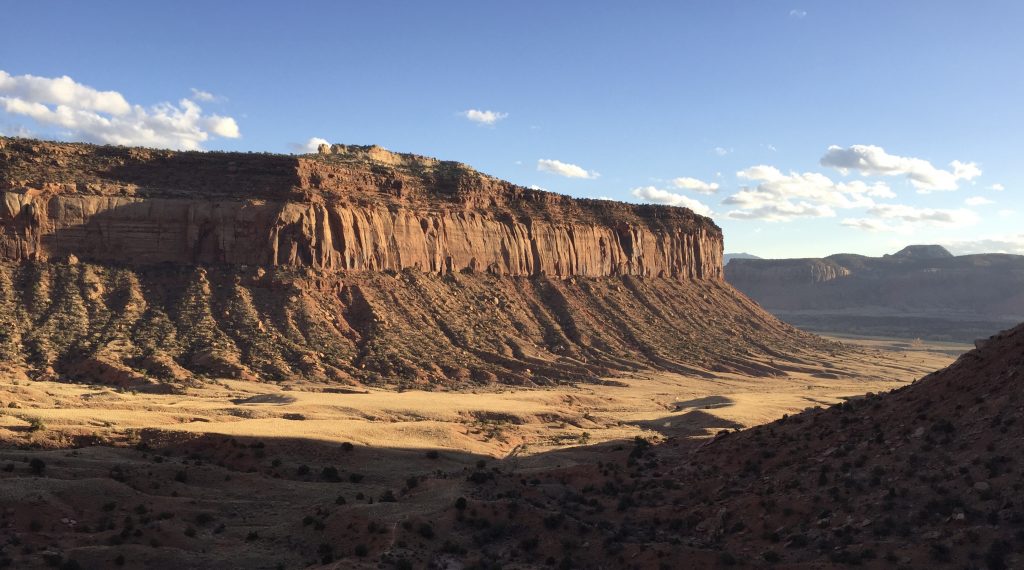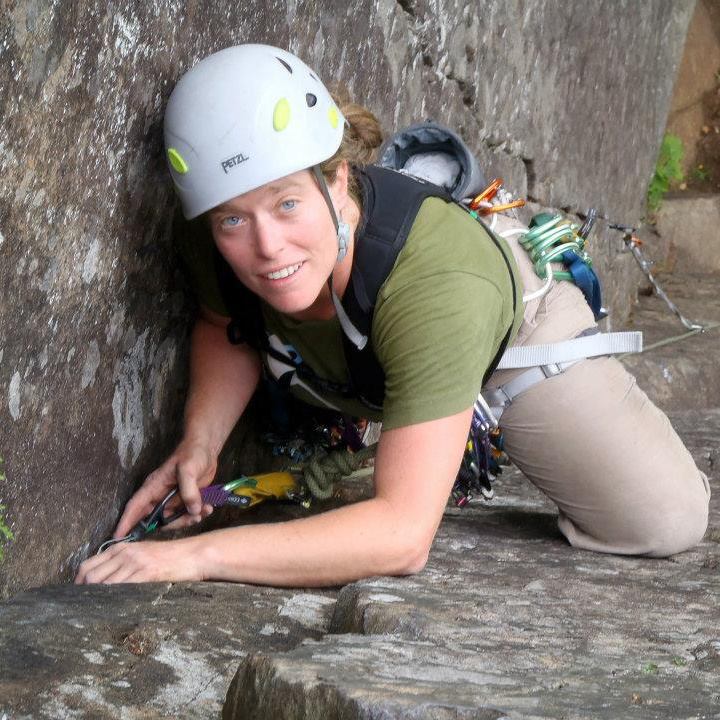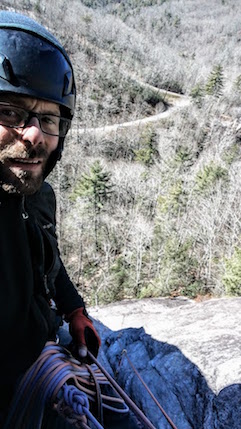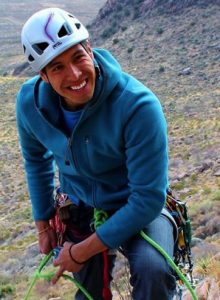Significant Progress for SOAR Act
 The SOAR Act has made significant progress in the Senate Energy and Natural Resources (SENR) Committee in the last two months. The bill was integrated into the first-ever recreation package to be developed by Congress, called “America’s Outdoor Recreation Act of 2022” or “AORA” and was passed out of the SENR Committee with unanimous consent on May 3, 2022. The package now heads to the Senate floor for consideration. Check out the official press release with a quote from the AMGA.
The SOAR Act has made significant progress in the Senate Energy and Natural Resources (SENR) Committee in the last two months. The bill was integrated into the first-ever recreation package to be developed by Congress, called “America’s Outdoor Recreation Act of 2022” or “AORA” and was passed out of the SENR Committee with unanimous consent on May 3, 2022. The package now heads to the Senate floor for consideration. Check out the official press release with a quote from the AMGA.
The SOAR Act provisions can be found in Title II of AORA “Amendments to FLREA” (sections 202, 203, 207, and 208) and Title III of AORA “Special Recreation Permits for Outfitting and Guiding.”
When the SOAR Act was integrated into AORA, it underwent extensive revision by SENR Committee staff. The final product is, in many respects, an expanded and improved version of the SOAR Act. In addition to the provisions included in the original SOAR Act, the bill now standardizes the types of permits that can be issued, and the fees that can be charged, by the Forest Service, Bureau of Land Management (BLM), Fish and Wildlife Service, and Bureau of Reclamation. It also creates two new types of permits that these agencies can issue. The first is a “2-year transitional permit” that can convert to a 5-year or 10-year permit after four years of satisfactory performance. The second is a “nominal effects permit” that can be issued quickly and easily for low-impact recreational activities that occur on an occasional basis. The bill also creates an incentive program for unused service days to be returned to a pool and made available to others.
Other noteworthy changes include:
- The “multijurisdictional permit” provision from the SOAR Act has been modified into a pilot program. It now directs the agencies to identify specific locations where they can issue a single permit when a guided activity crosses multiple agency boundaries (think Inyo NF and Sequoia-Kings NP).
- The “similar activities” provision—that would allow an existing permit holder to add new “substantially similar” activities to their permit without additional analysis—is retained but without a potentially controversial component related to electric motors that could have affected the bill’s chance of passage.
- The “liability” provision that would allow guides to use liability release forms across all land agencies, including NPS, has been retained. This is a very positive outcome.
- The “indemnification” provision—that would allow state institutions like universities to hold permits even when they are not able to satisfy the requirement to indemnify the United States—has also been retained, although there are some drafting errors in the introduced bill that will need to be fixed when the bill goes to the Senate floor.
- The bill now includes a provision titled, “Interagency Report on Special Recreation Permits for Underserved Communities” that directs the agencies to evaluate how the special recreation permit system is working for underserved communities, including identifying barriers to access, and prepare a report on ways to facilitate access to Federal lands for underserved communities.
- The aforementioned improvements and changes are in addition to the pre-existing streamlining provisions from the SOAR Act that direct the agencies to decrease processing times, reduce costs, eliminate duplicative processes, move permitting online, use programmatic environmental reviews, and eliminate needs assessments. These provisions are mostly unchanged, but slightly improved in the AORA.
In the weeks ahead, the AMGA will be working with SENR Committee staff, staff in Senate offices, and Senators who understand the outdoor recreation industry to make a few necessary amendments to the bill, secure floor time, and ensure swift passage of the bill.












